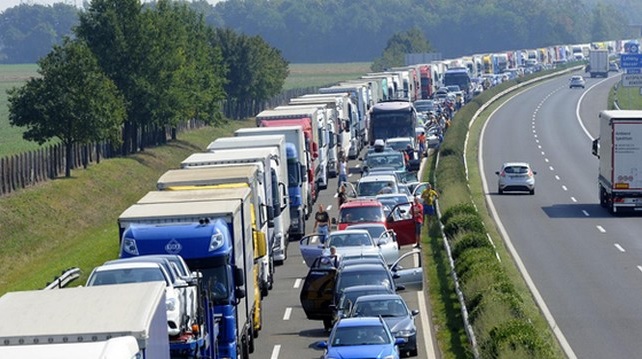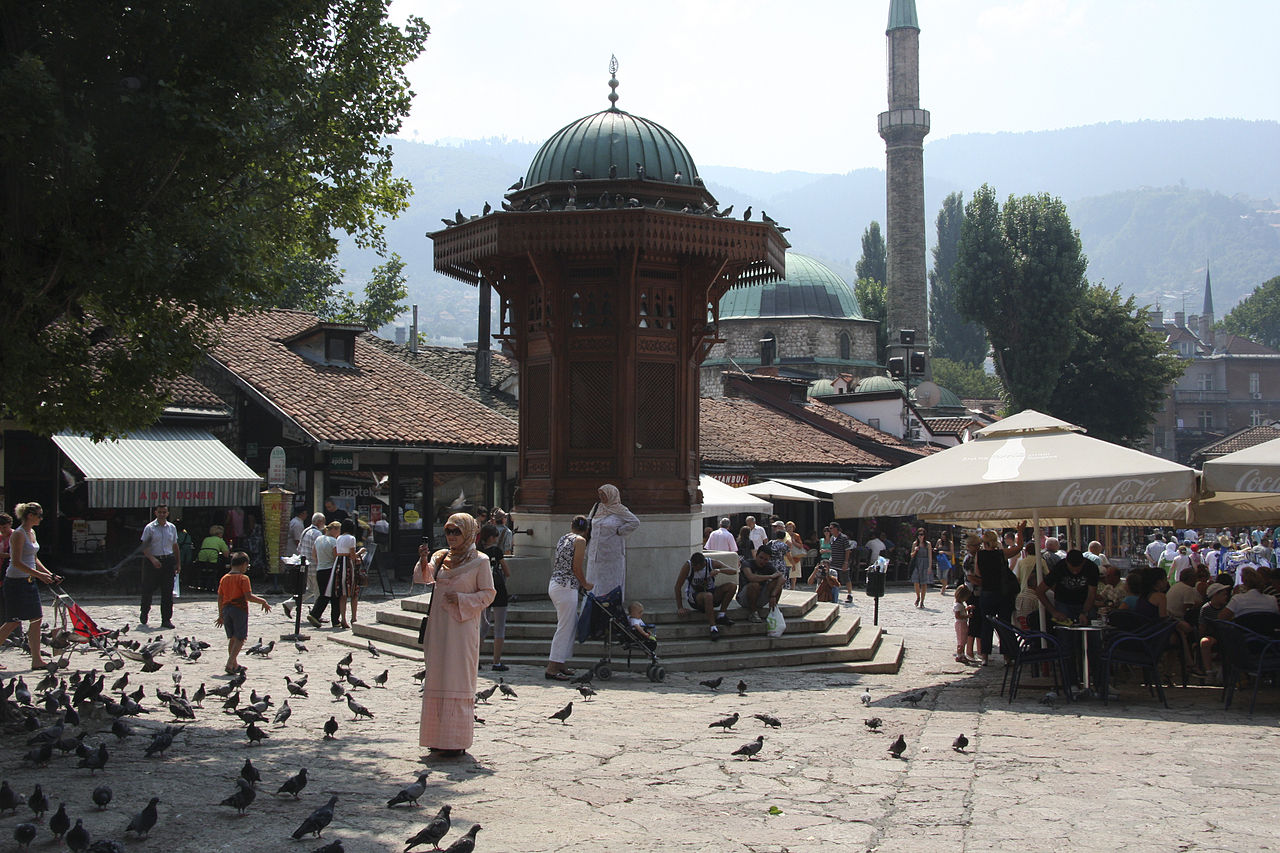Latvia, Rīga – The monument of the victory commemorating the Soviet soldiers who died during the World War II and situated in the eponymous park in Rīga, is at present the object of disagreement of historical visions between Latvia and Russia. Indeed, a petition circulates in order to remove the immense stony construction so that the glorification of the “Russian older brother” stops calling back a painful past.
In Rīga, these last days, a debate was born around a built monument to the glory of the soldiers of the past on the initiative of Māris Ruks, writer (he’s at the origin of the work “Spridzinātāji” – “Bombers” – a book which dealt with some people who, unsuccessfully, tried to blow up the monument in the 90’s) and instigator of the collective legislative initiative of original reconstruction of Victory’s Place.
The monument – protected by Russian-Latvian 1994 agreements – seems to be exempted from any erasure, however 10,000 collected signatures (the minimum landing for the validation of a popular initiative) of the petition force the jurists to deal with the file.
In their explanatory statement, Ruks and his partners underlined the fact that the Square of Victory (where the monument to the glory of the Soviet soldiers was built in the 80’s) was originally dedicated to the victory of the Latvian armies on the German-Russian troops of 1919 and that the place had been named to celebrate the very new independence of the Latvian state and that, therefore, it was inappropriate to have a monument dedicated to the glory of the Soviet soldiers’s victory of the World War II.
They called it to an official action so that the original Square of Victory is recreated, start a fundraising campaign and to look for compensations from Russia with the view to erase that ” memorial in the glory of the Soviet soldiers “.
A gap separates the Latvians who see it as a persistence of the Soviet occupation in Latvia and the local Russian community which sees that as the indisputable symbol of the delivery from the fascism.




